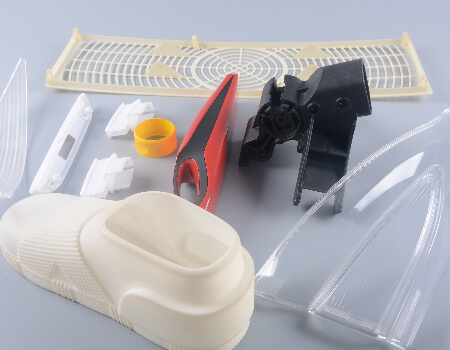
When selecting materials for manufacturing, two of the most popular plastics are ABS and Polypropylene. Each of these materials has unique benefits and applications, making them suitable for different purposes. Understanding their properties can help you make an informed decision for your projects.
Strength and Durability
ABS is known for its excellent impact resistance and toughness, making it a preferred choice for products that need to withstand physical stress. Its high tensile strength ensures that items made from ABS are durable and long-lasting.
Temperature Resistance
ABS performs well at higher temperatures, maintaining its structural integrity where other plastics might soften or deform. This makes it ideal for applications involving heat exposure.
Aesthetics
ABS offers a smooth, glossy finish that is easily colored, providing aesthetic versatility. This makes it popular in consumer goods where appearance is important.
Applications
Common applications of ABS include:
Chemical Resistance
Polypropylene excels in resisting chemicals, solvents, and acids, which makes it suitable for environments where chemical exposure is a concern.
Flexibility and Fatigue Resistance
PP is highly flexible and can endure repetitive stress without cracking. This property is particularly useful for products that require bending or repetitive movement.
Lightweight
With a lower density compared to many other plastics, PP is lighter, which can be advantageous in applications where weight reduction is critical.
Applications
Common applications of Polypropylene include:
Choosing between ABS and PP depends on the specific requirements of your project:
In essence, use ABS for applications that require high strength, durability, and a good finish, while PP is the go-to for applications needing chemical resistance, flexibility, and cost-efficiency.
When it comes to machining and fabricating parts from ABS or Polypropylene, you need a reliable partner. PROTO MFG offers top-tier services to meet your manufacturing needs. With expertise in working with various materials, including ABS and PP, PROTO MFG ensures high-quality production, precise machining, and timely delivery.
Visit www.mfgproto.com to learn more about how PROTO MFG can support your projects with exceptional parts machining and fabrication services.